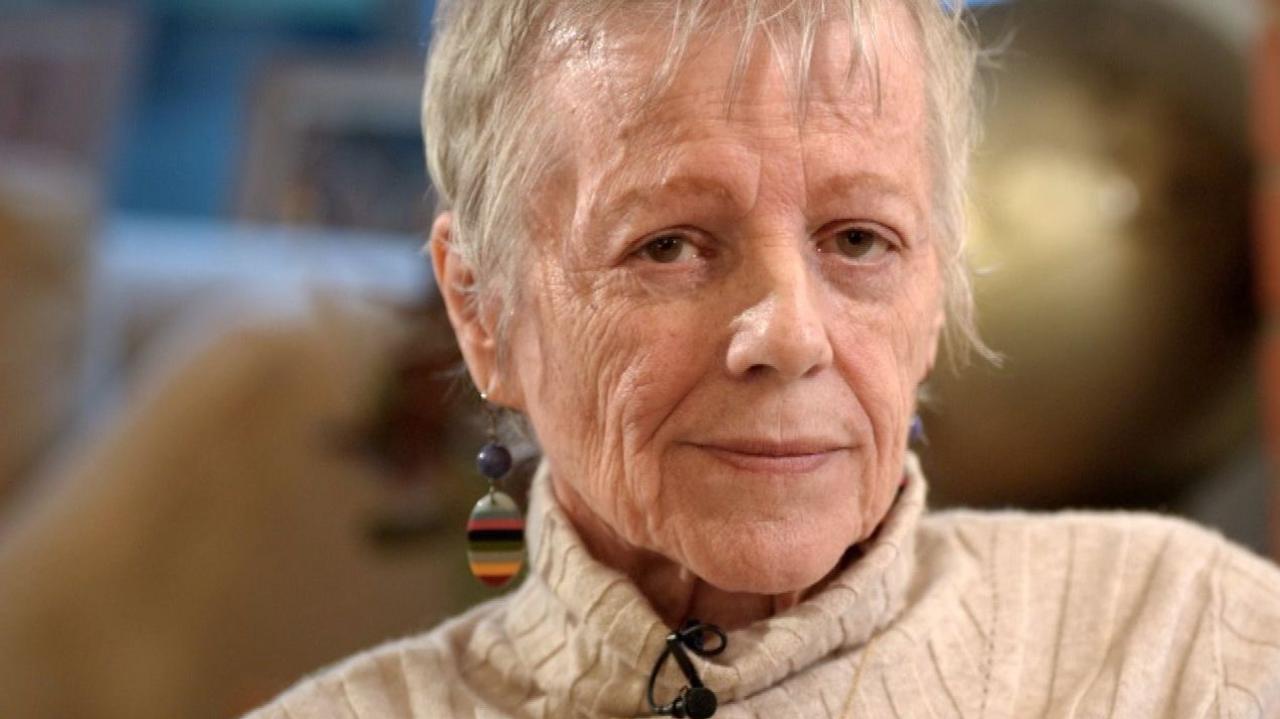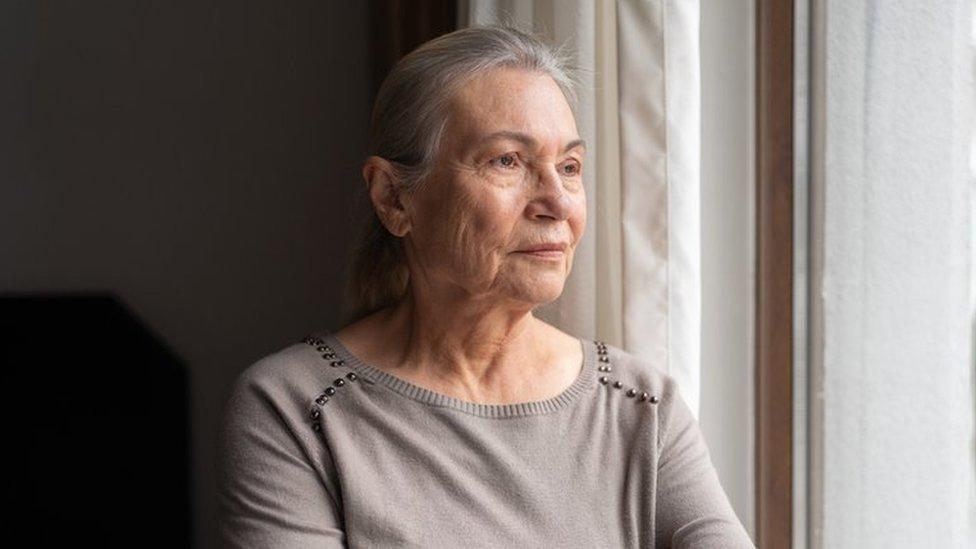MPs wrestle with conscience on assisted dying vote
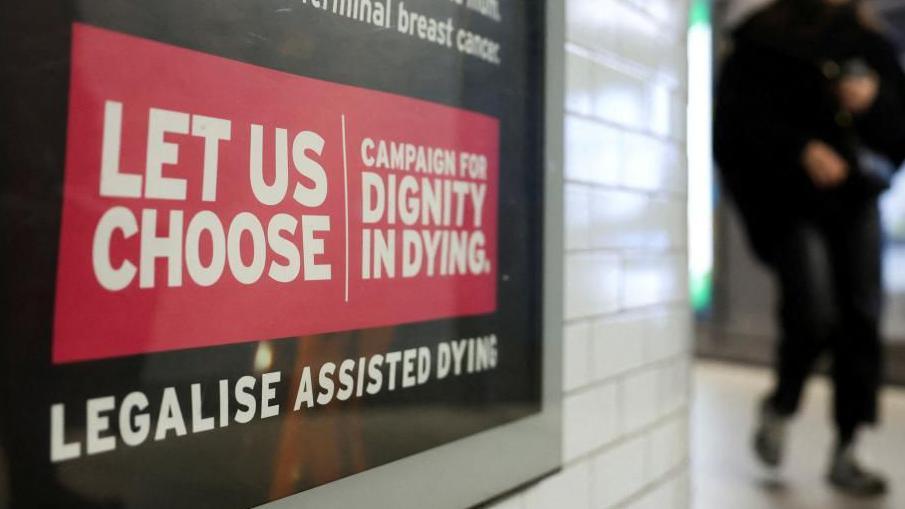
- Published
This is a day like few others at Westminster.
MPs have a free vote on an issue of profound social change, an issue of conscience where many have wrestled with questions ranging from morality to practicality.
The Terminally Ill Adults (End of Life) Bill, external, which would apply to England and Wales, will have what is known as its second reading, which is parliamentary speak for its first Commons debate and vote.
For new MPs - and remember 335 out of the 650 members of Parliament were elected for the first time in July - it is a particularly big moment.
Shorn of their usual political compass bearings: party loyalty, ideology, an instinct on the extent or limits of the state, for instance, they have instead had to come to a very personal decision.
Things will get going at 09.30 GMT and the first MP to speak will be Labour’s Kim Leadbeater, who is leading the campaign for a change in the law.
She will say: “I hope this Parliament will... be remembered for this major social reform that gives people autonomy over the end of their lives and puts right an injustice that has been left on the statute books for far too long.
"A change that, when we most need it, could bring comfort to any one of us or to somebody we love.”
More on the assisted dying vote:
Others will make an equally passionate case that now is not the time and this is not the bill to make such a profound change in the law, fearing the idea is being rushed and it could lead some to feel they are being coerced into ending their lives.
Around 170 MPs have asked to speak in the debate, which will last until 14:30 GMT.
The limited time will probably mean around 50 MPs actually get to speak.
While this kind of debate doesn’t usually impose a time limit on MPs’ contributions, I wouldn’t be surprised to hear the Speaker encourage MPs to remember that plenty of others want to speak too.
So how are the numbers looking?
It is very, very hard to tell, because this is a free vote.
Neither side are sounding uber confident of victory, but I detect a bit more confidence on the side of those wanting to change the law than those who want to reject this proposed change in the law.
But both sides acknowledge there are loads of MPs who have not yet declared either way and both sides say some may only make up their mind as they listen to the debate.
“There is such a body of unknowns,” one MP - who is trying to keep a close eye on things - told me.
Those hoping to see the law change take heart from how they think opinion has shifted since the Commons last voted on the issue in 2015 and rejected change by 330 votes to 118.
Several medical bodies have gone from outright opposition then to a neutral stance now.
The turnover in the House of Commons has been huge since then too, which some believe might leave it with a more liberal instinct now.
But opponents of the bill think support and opposition might be pretty evenly matched and that any gap between the two sides is smaller than the number of MPs who have not said whose side they are on.
They also point to four former prime ministers on their side (Brown, May, Johnson and Truss; Lord Cameron has come out for the change) and they think the more time those with doubts listen to the unconvinced, the more sceptical many become.
Let’s see.
It will be a day of harrowing stories, intellectual argument and passionate exchanges.
If the bill is rejected, that will be the end of this debate, at least in Parliament, for some time.
But it is worth remembering if MPs vote for it, it will be the beginning of the arguments rather than the end of them.
It will become one of the biggest talking points at Westminster of 2025, with further debates and votes to come.
- Published12 November 2024
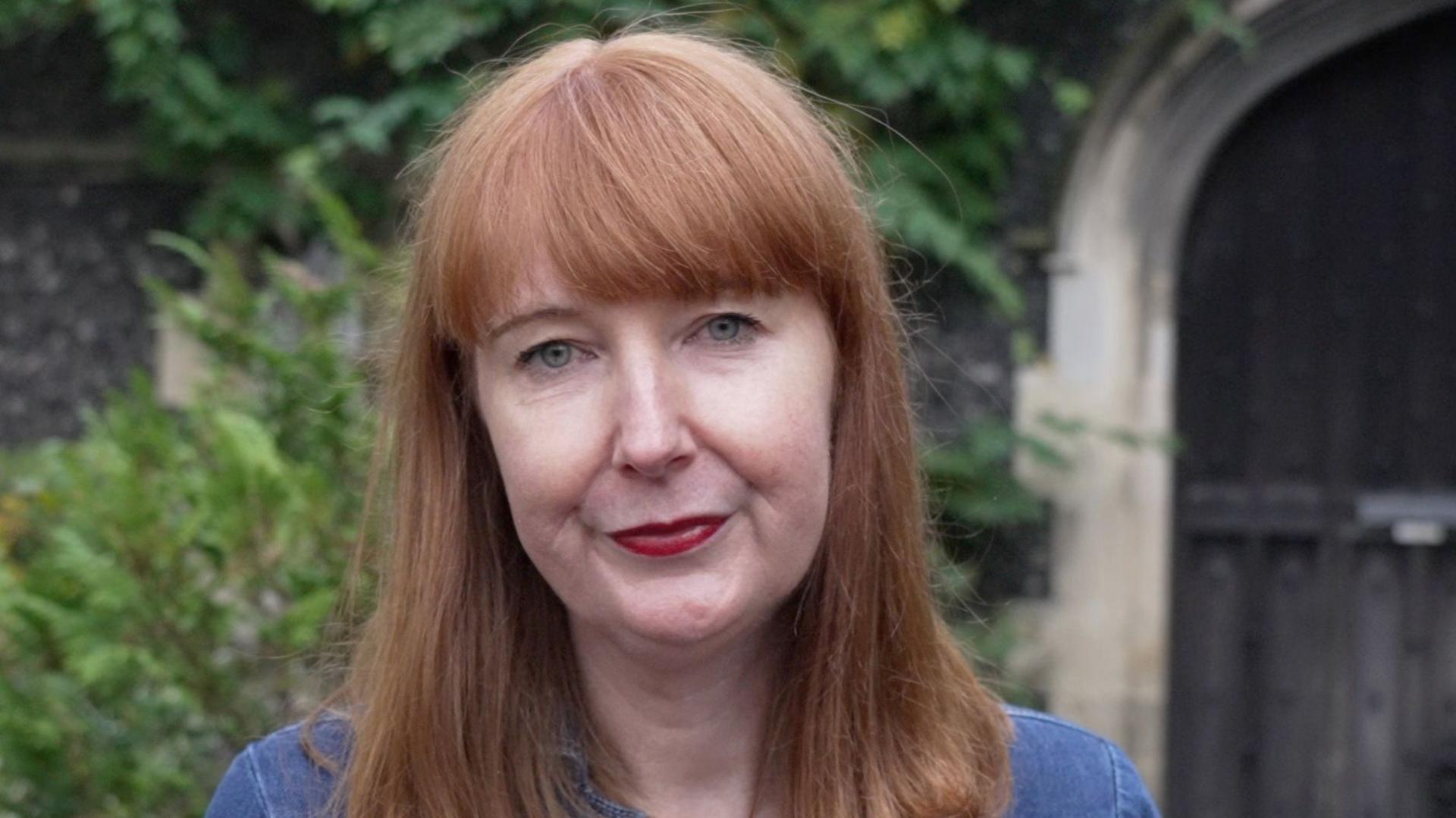
- Published16 October 2024
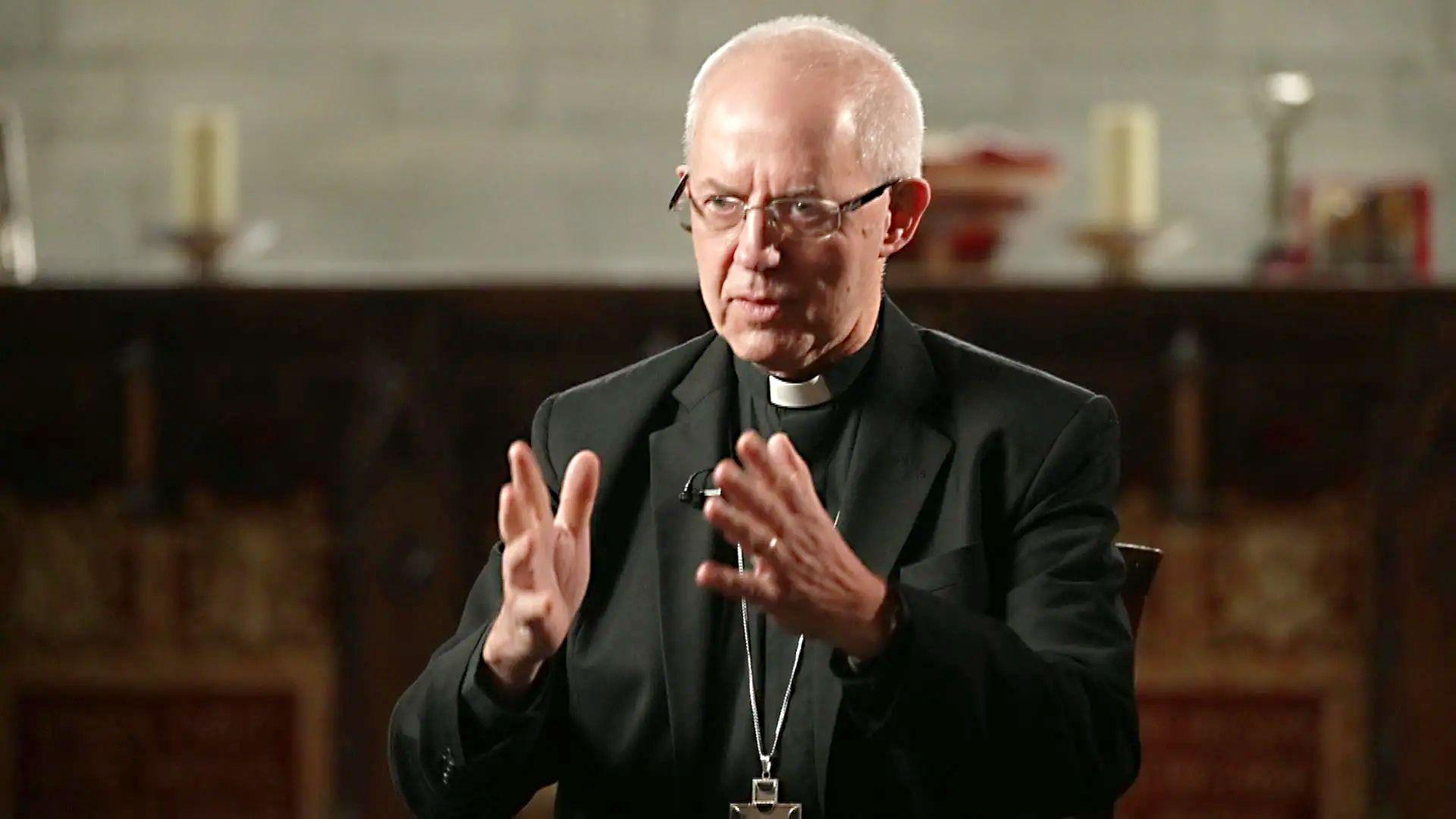
- Published28 November 2024
